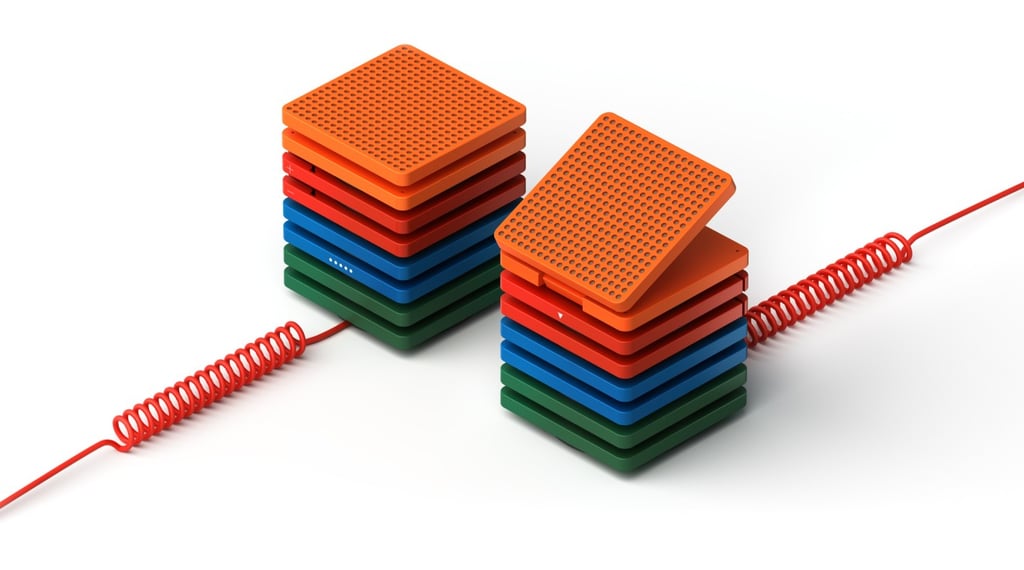Advertisement
Why aren’t people buying smart speakers in China?
China Internet Report 2018 shows that the country has more smart speaker developers than actual demand
Reading Time:2 minutes
Why you can trust SCMP

This article originally appeared on ABACUS
About one in six people in the US have gotten used to commanding their Amazon Echo or Google Home with voice. But in China, where consumers seem quick to adopt new technology like mobile payment, smart speakers still don’t have much appeal.
In 2017, US consumers bought 25 million smart speakers. But in China, they bought just 350,000.
To put that number into context, the country has over 100 smart speaker developers (including all of the tech giants) and China’s 772 million internet users, according to the 2018 China Internet Report -- and yet they’re seemingly not interested in smart speakers.
Advertisement

JD.com and Xiaomi accounted for 70% of all smart speakers sold in China last year, the report says, and Alibaba took 15%.
Advertisement
(Abacus is a unit of the South China Morning Post, which is owned by Alibaba.)
Advertisement
Select Voice
Choose your listening speed
Get through articles 2x faster
1.25x
250 WPM
Slow
Average
Fast
1.25x